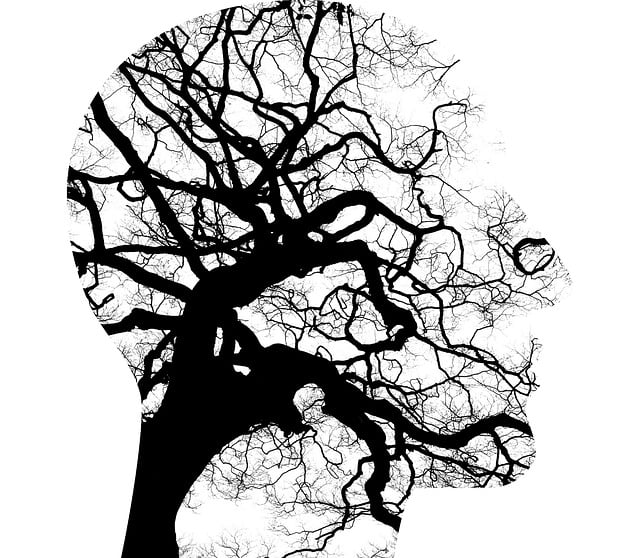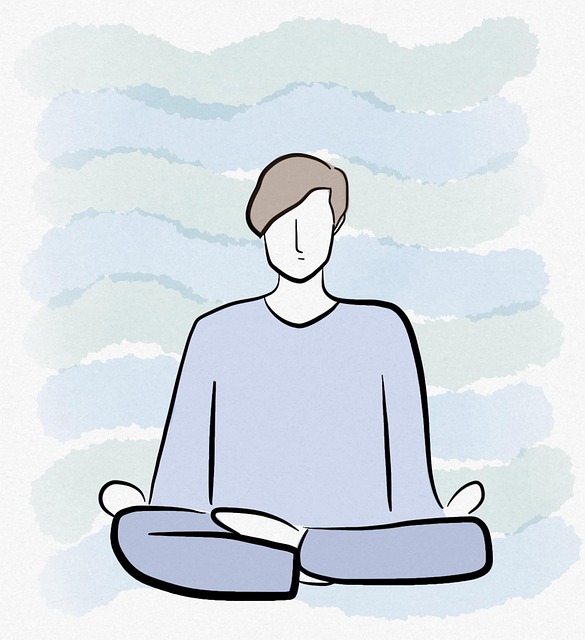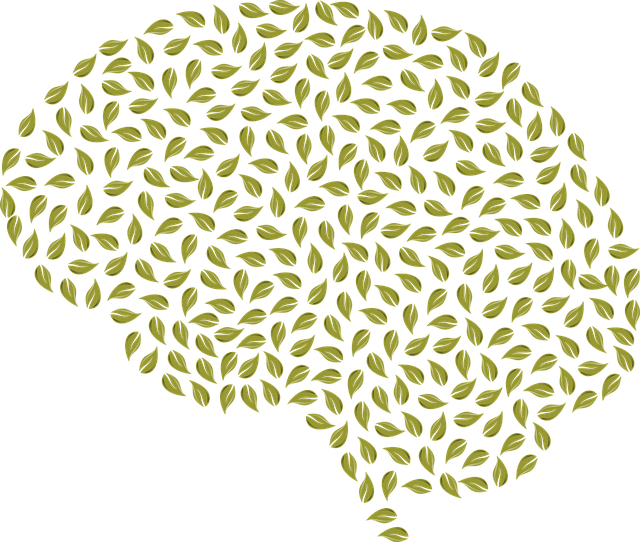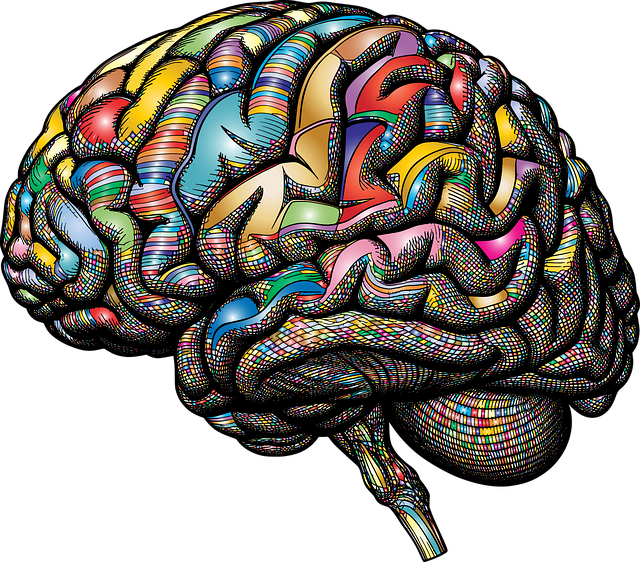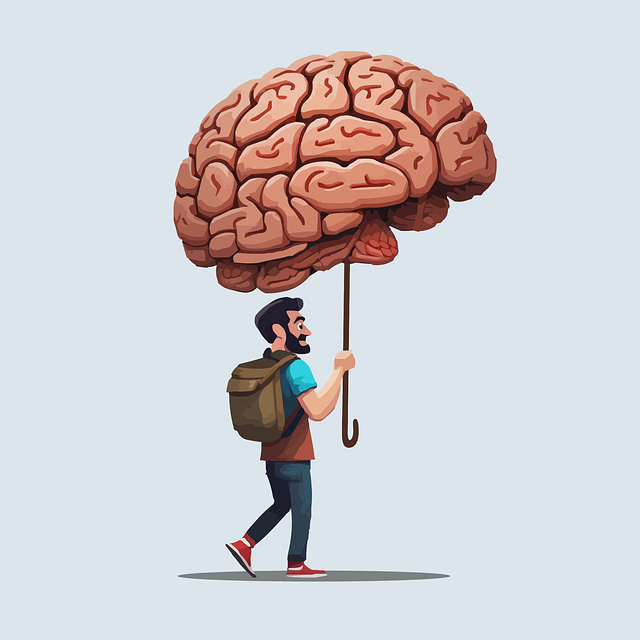Understanding cultural diversity among elderly populations is vital for effective mental healthcare. Therapists must incorporate cultural sensitivity, considering family structures, parenting skills, and traditional coping mechanisms unique to diverse backgrounds. This approach allows tailored programs like mental health education and crisis intervention, empowering elders with resilience. By integrating cultural awareness, therapists foster stronger connections, adapt therapeutic methods, and improve overall well-being. Culturally competent practices significantly enhance therapy for elders' ability to address and improve parenting skills within diverse cultural contexts, creating safe spaces for effective interventions.
In an increasingly diverse society, cultural sensitivity in mental healthcare is paramount, especially when addressing the unique needs of elderly populations. This article explores the impact of cultural diversity on mental health and its implications for therapy. We delve into strategies for adapting therapeutic practices to cater to elders from various backgrounds, focusing on improved outcomes. Additionally, we highlight the role of culturally competent mental healthcare in enhancing parenting skills, offering a holistic approach to support families across generations.
- Understanding Cultural Diversity in Elderly Populations and its Impact on Mental Health
- Sensitivity in Therapy: Adapting Practices for Elders from Diverse Backgrounds
- Enhancing Parenting Skills through Culturally Competent Mental Healthcare Approaches
Understanding Cultural Diversity in Elderly Populations and its Impact on Mental Health

Understanding cultural diversity among elderly populations is a pivotal aspect of mental healthcare practice. As societies become increasingly multicultural, it’s essential to recognize that mental health issues and their manifestations can vary greatly across different cultural groups. This cultural diversity extends to family structures, parenting skills, and traditional coping mechanisms, all of which significantly impact an individual’s mental wellness. For instance, intergenerational trauma, shaped by historical and cultural contexts, might manifest differently among older adults from various backgrounds, influencing their emotional responses and treatment needs.
By incorporating cultural sensitivity in therapy for elders, healthcare professionals can design tailored mental health education programs and crisis intervention guidance. This approach ensures that traditional practices, beliefs, and values are respected while providing effective support. Moreover, integrating mental wellness coaching programs developed with cultural awareness can empower elderly individuals to navigate their mental health journeys, fostering resilience and enhancing overall well-being. These tailored interventions acknowledge the complex interplay between culture, family dynamics, and mental health, ultimately promoting more inclusive and successful treatment outcomes.
Sensitivity in Therapy: Adapting Practices for Elders from Diverse Backgrounds

In the realm of mental healthcare, cultural sensitivity is paramount when engaging with elders from diverse backgrounds. Therapists must adapt their practices to respect and accommodate unique cultural beliefs, values, and traditions that shape an individual’s mental health experience. For example, when working with older adults from different ethnic or cultural groups, therapists should be aware of the impact of intergenerational trauma, historical injustices, and cultural norms on their mental well-being.
Aging populations often face specific challenges related to cognitive changes, physical health issues, and social isolation, which require tailored therapeutic approaches. By incorporating cultural elements into therapy sessions, such as incorporating traditional healing practices or family dynamics discussions, therapists can foster a deeper connection with clients. This personalized approach not only enhances the effectiveness of treatment but also ensures that elders receive care that aligns with their life experiences and helps them develop culturally relevant coping mechanisms, including improved parenting skills if applicable. Additionally, mental health education programs designed with cultural sensitivity in mind can empower these individuals to engage in self-care practices and cultivate positive thinking, ultimately contributing to their overall well-being.
Enhancing Parenting Skills through Culturally Competent Mental Healthcare Approaches

Incorporating culturally competent practices into mental healthcare offers a powerful tool to enhance parenting skills among elders from diverse backgrounds. Many elderly individuals have unique cultural beliefs and values that significantly influence their family dynamics and child-rearing approaches. Therapy for Elders, tailored with this sensitivity, can provide a safe space for them to explore and navigate these complexities. For instance, self-awareness exercises can help professionals understand the client’s cultural framework, enabling them to offer appropriate guidance on parenting practices. By acknowledging and addressing mental illness stigma reduction efforts specifically targeted at older populations, therapists create an environment where elders feel comfortable seeking support for both themselves and their children.
Effective interventions should also incorporate risk assessment strategies tailored to cultural contexts. Mental health professionals must be adept at recognizing and mitigating risks within the specific cultural milieu of their clients. This involves understanding the potential challenges and strengths unique to each community, ensuring that interventions are not only culturally sensitive but also effective in promoting positive parenting outcomes.
Cultural sensitivity in mental healthcare is paramount, especially when addressing the unique needs of elderly individuals from diverse backgrounds. By understanding and appreciating cultural diversity, therapists can adapt their practices to provide more effective therapy for elders. This includes recognizing the impact of cultural factors on mental health, tailoring therapeutic approaches, and enhancing parenting skills through culturally competent methods. Embracing these strategies ensures that mental healthcare becomes more inclusive and accessible, ultimately fostering better outcomes for all elderly clients.

